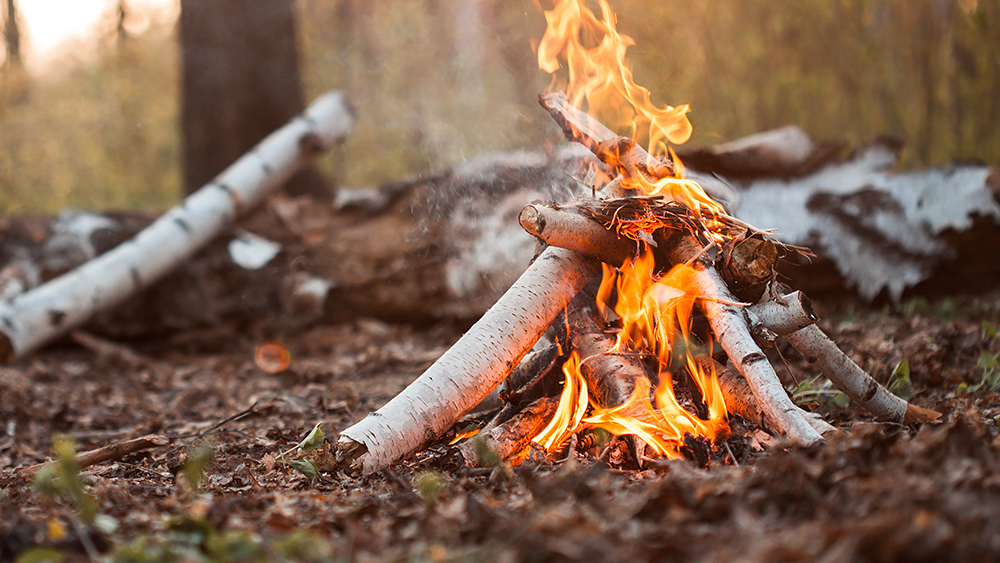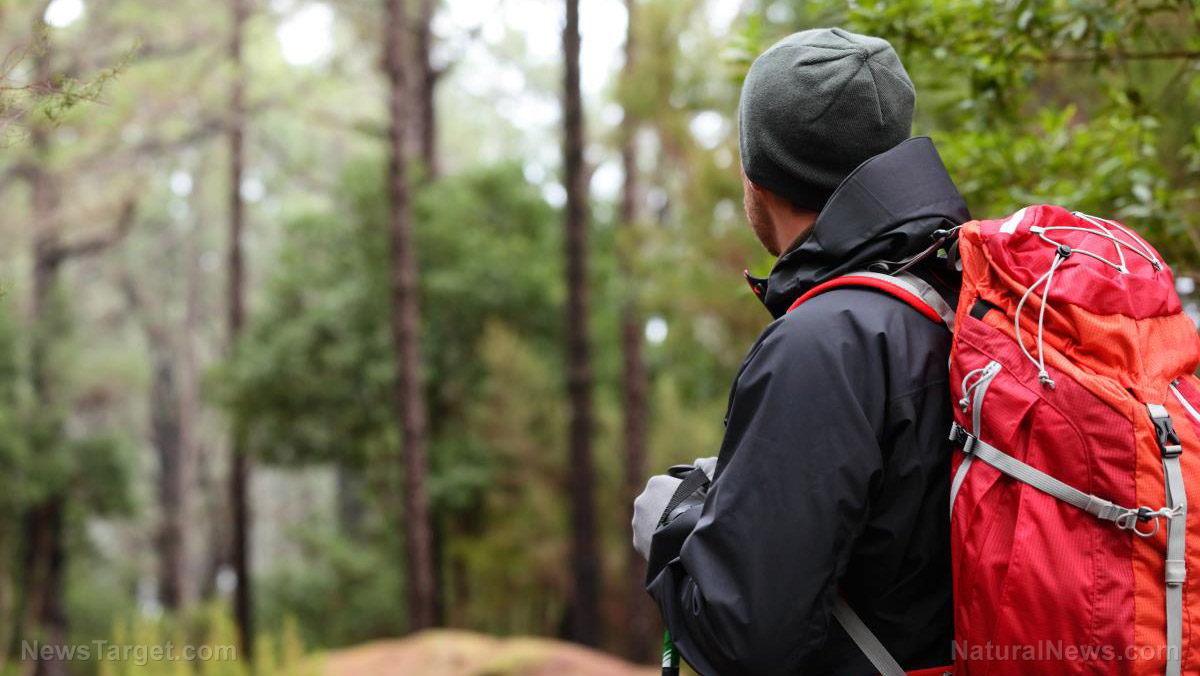
Living in a trailer is a good fit for preppers looking for a more flexible lifestyle. It gives preppers the opportunity to apply their survival skills, bug out promptly in the event of a disaster and save more money for their survival stockpile. If you’re new to prepping on the road, here’s a guide to living in a travel trailer full-time. (h/t to MDCreekmore.com)
Choosing a travel trailer
You don’t need to buy a brand new travel trailer to kickstart your prepper life on the road. It’s wise to buy handed-down trailers because these recreational vehicles, or RVs, lose value the moment they’re pulled off the lot. There are a lot of used trailers that are being sold for several thousand less than the original price but are still decent.
As with buying things online, it’s important to inspect a trailer first and perform tests on the essential components of the automobile:
- Check the 12-volt lights. If the seller says that the lights don’t work because the batteries are dead, charge the batteries.
- Check if appliances work using propane gas. If the trailer’s propane tanks are empty, have one of the tanks filled by a propane distributor or bring your own tank.
- Check the propane lines for leaks. Using a spray bottle filled with water and soap, spray the lines and look for air bubbles, which will indicate leaks.
- Inspect the plumbing and water systems. Fill the holding tank with water and check for leaks. Turn on the 12-volt water pump to pressurize the system and then check the water lines, sinks, shower and toilet. Feel the floor and areas near the trailer’s water system for soft spots and rot.
- Look for rot beneath the trailer. While problems in this area can often be fixed by replacing rotted wood, it’s best if you pass on a trailer with prevalent rotting on its underside.
- Inspect the insulation and weather barrier. If these are not in perfect condition, you can fix them by adding more insulation using six-mil plastic sheets.
Basics of setting up a trailer home
The following considerations are important to get you settled in a trailer:
Finding cheap land to settle
Many individual sellers who no longer have use for their land typically offer it at a low price. These people include heirs, retirees, farmers, and owners of timber and mining operations. “Fragment” properties owned by states, counties and municipalities are also worth exploring as these can sometimes be bought off a negotiated sale. In addition, you can run ads online or in the local paper and place notices at the local post office and area businesses.
Taking care of water and sewage
Your source of water will depend on where you set up your trailer. If your lot has on-site hook-ups or you’re parked on the property of another person’s house, you can connect a hose from the water source to your tank.
If you’re living off-grid, you can fill up your tank in a nearby gas station or trailer park. You can also create a rainwater catchment system or source water from a spring or stream. Keep in mind that you’ll need to purify the water if you’re using the latter methods. (Related: Water is life: 10 Ways to purify water when SHTF.)
As for sewage, you can empty your holding tank in a designated location. If you’re living off-grid, you can bury a 55-gallon septic tank in the soil and connect this tank to your trailer.
Looking for a power source
Most trailer parks have a power source so you simply need to plug your trailer into one of those outlets. If you’re going off the grid, you can install solar panels or use generators.
Remember to abide by the RV laws of your state and be prepared to bug out in case of an emergency. Keep a fuel stockpile and plan your escape routes.
Sources include:
Please contact us for more information.





















